Pharmacogenomics is a rapidly evolving study of genes and the influence of the genetic variants on drug response. More specifically, pharmacogenomics examines the contribution of genomics and other “omics” to individual differences in phenotypes regarding pharmacodynamics response to the drug (Weinshilboum & Wang, 2017, p. 1711). As described by Relling & Evans (2015), pharmacogenomics determines the genetic variants that impact drug effects through alterations in pharmacokinetics or pharmacodynamics. It is a unique combination of the science of drugs and the study of genes, which helps develop more effective and secure medications, including well-tailored doses according to a patient’s genetic makeup.
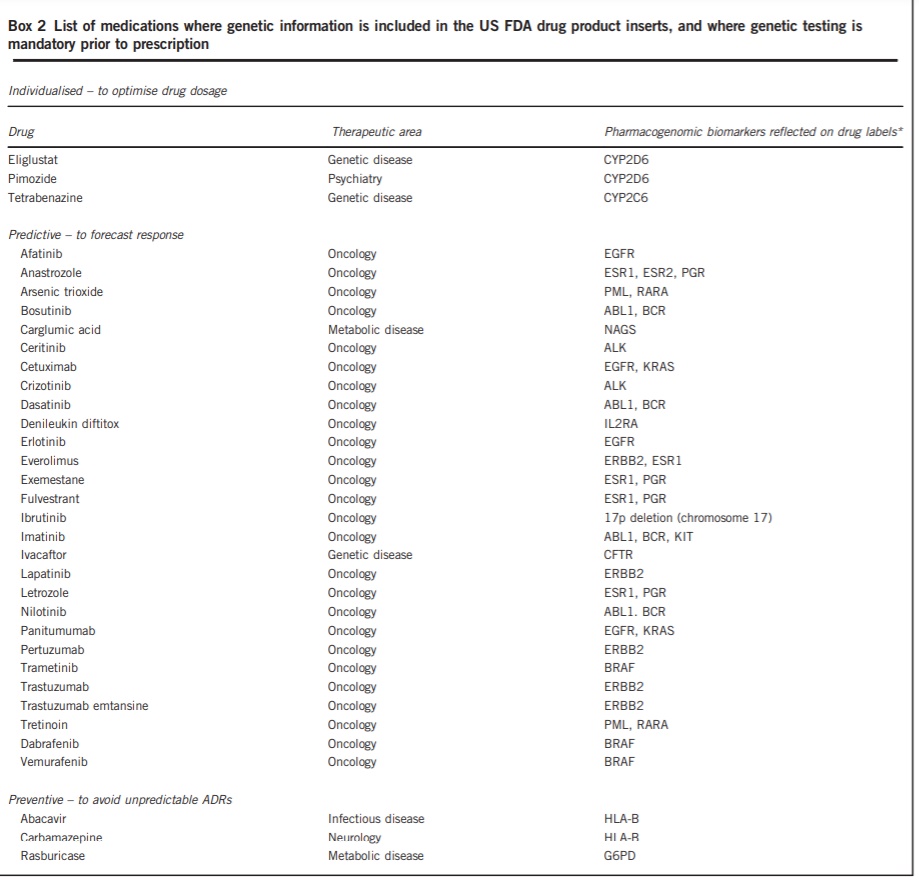
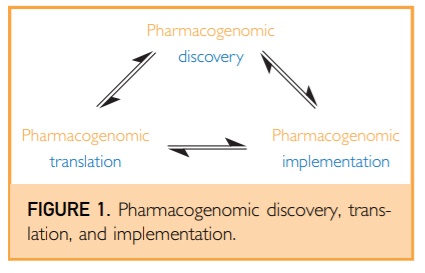
Description
Pharmacogenomics study has a critical influence on health, given that it helps guide, inform, and individualize drug therapy (Kapoor, Tan-Koi, & Teo, 2016). This clinical study field analyzes the genetic variants’ influence on medication response and, therefore, promotes improved identification of patients at an increased risk of nonresponse or experiencing an adverse reaction (Hicks et al., 2016). Pharmacogenomics findings are widely used to assist physicians and other healthcare providers in making better and more informed decisions concerning highly individualized treatment.
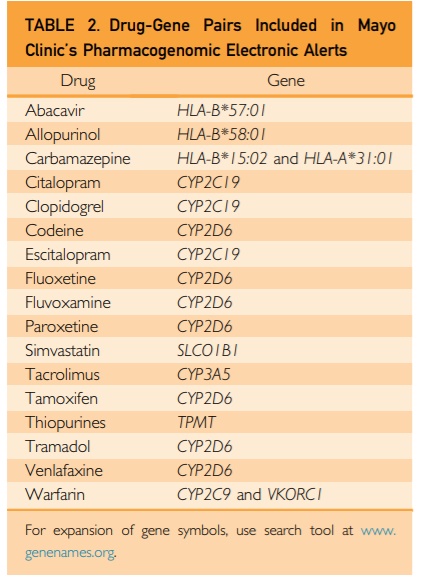
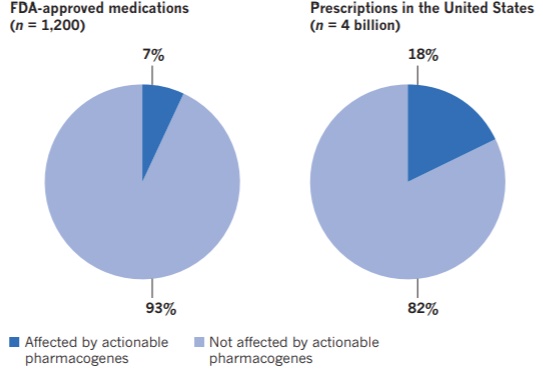
Nurse Scientist Role
It is important to note that the implementation of pharmacogenomics across a complex medical system implies considerable effort and appropriate resources. Such a crucial process should be based on mutual engagement across diverse clinical staff, including nurse scientists (Knisely, Carpenter, & Von, 2015). According to Cheek, Bashore & Brazeau (2015), nurses are in the position to ensure that adverse drug response is avoided and provide the optimized doses regarding the increased translation of pharmacogenomics into clinical practice.
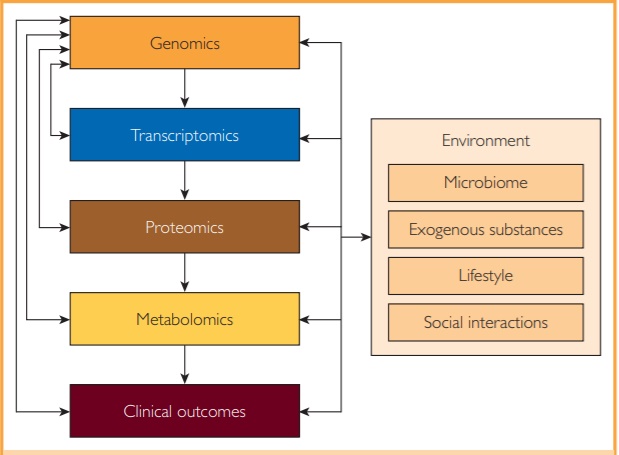
References
Cheek, D. J., Bashore, L., & Brazeau, D. A. (2015). Pharmacogenomics and implications for nursing practice. Journal of Nursing Scholarship, 47(6), 496–504. Web.
Hicks, J. K., Stowe, D., Willner, M. A., Wai, M., Daly, T., Gordon, S. M., Lashner, B. A., Parikh, S., White, R., Teng, K., Moss, T., Erwin, A., Chalmers, J., Eng, C., & Knoer, S. (2016). Implementation of clinical pharmacogenomics within a large health system: From electronic health record decision support to consultation services. Pharmacotherapy: The Journal of Human Pharmacology and Drug Therapy, 36(8), 940–948. Web.
Kapoor, R., Tan-Koi, W. C., & Teo, Y.-Y. (2016). Role of pharmacogenetics in public health and clinical health care: a SWOT analysis. European Journal of Human Genetics, 24(12), 1651–1657. Web.
Knisely, M. R., Carpenter, J. S., & Von Ah, D. (2015). Pharmacogenomics in the nursing literature: An integrative review. Nursing Outlook, 62(4), 285–296. Web.
Relling, M. V., & Evans, W. E. (2015). Pharmacogenomics in the clinic. Nature, 526(7573), 343–350. Web.
Weinshilboum, R. M., & Wang, L. (2017). Pharmacogenomics: Precision medicine and drug response. Mayo Clinic Proceedings, 92(11), 1711–1722. Web.